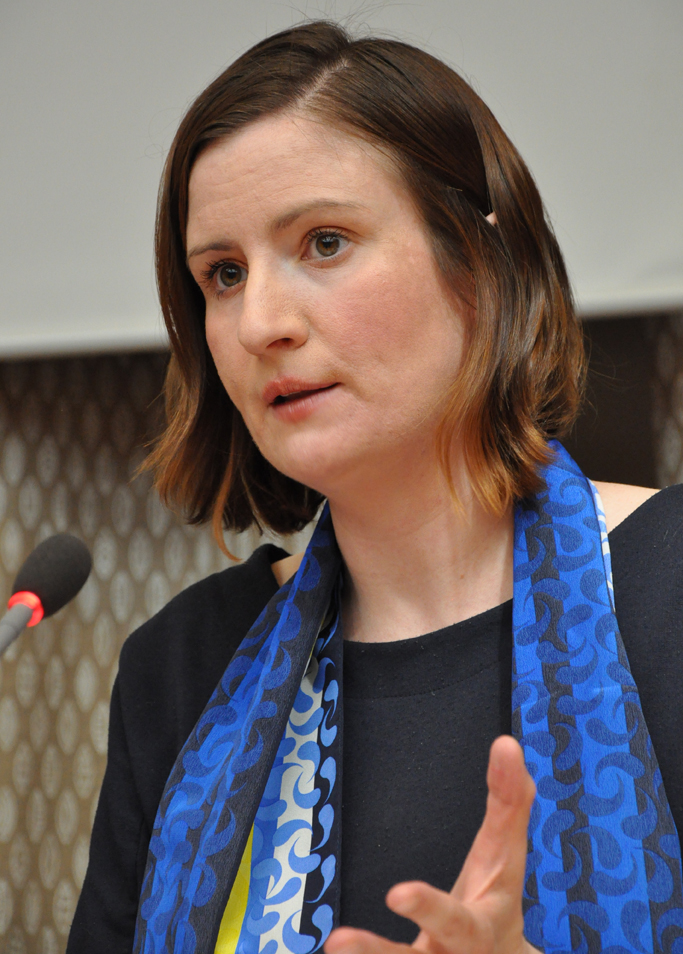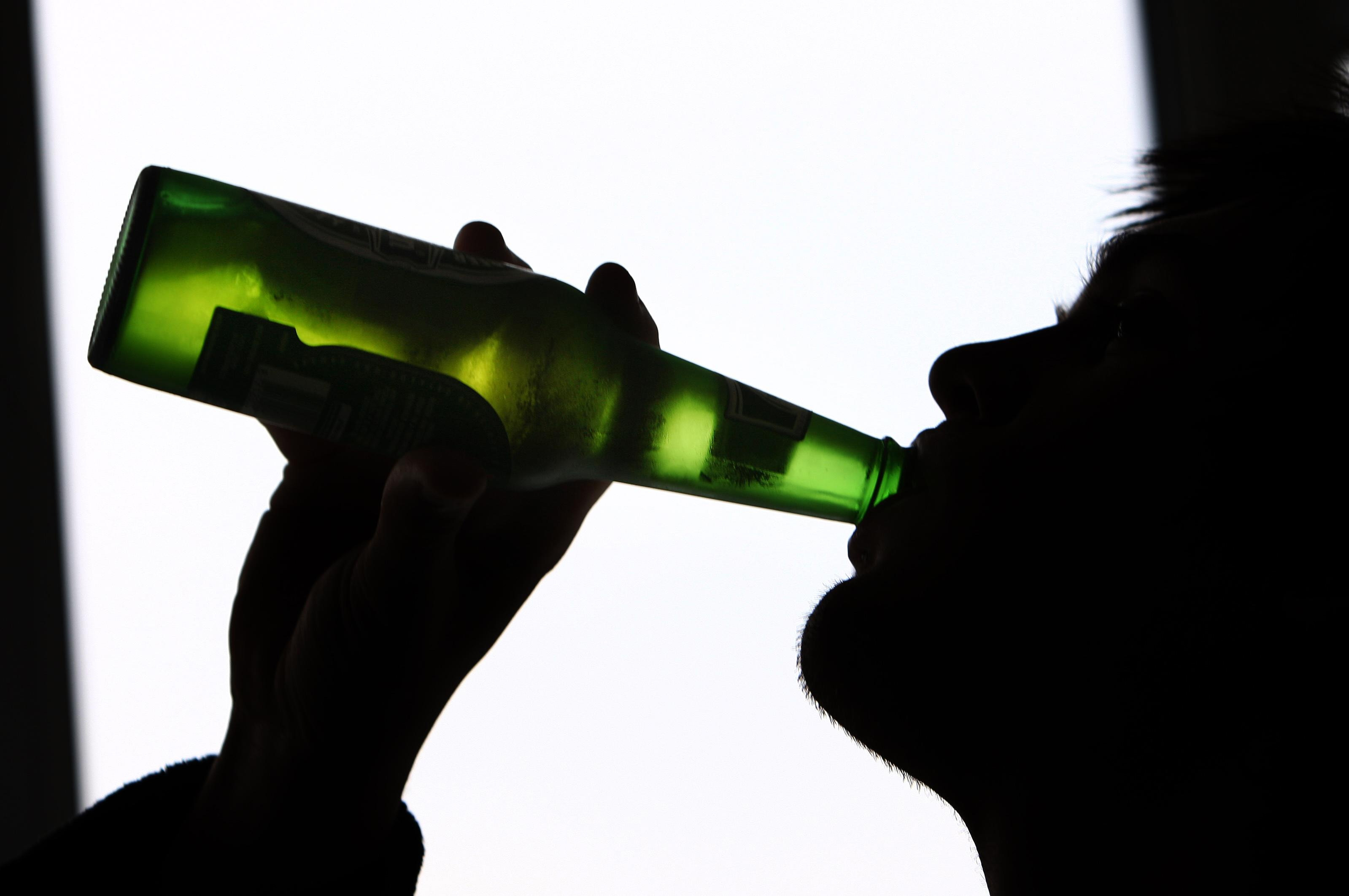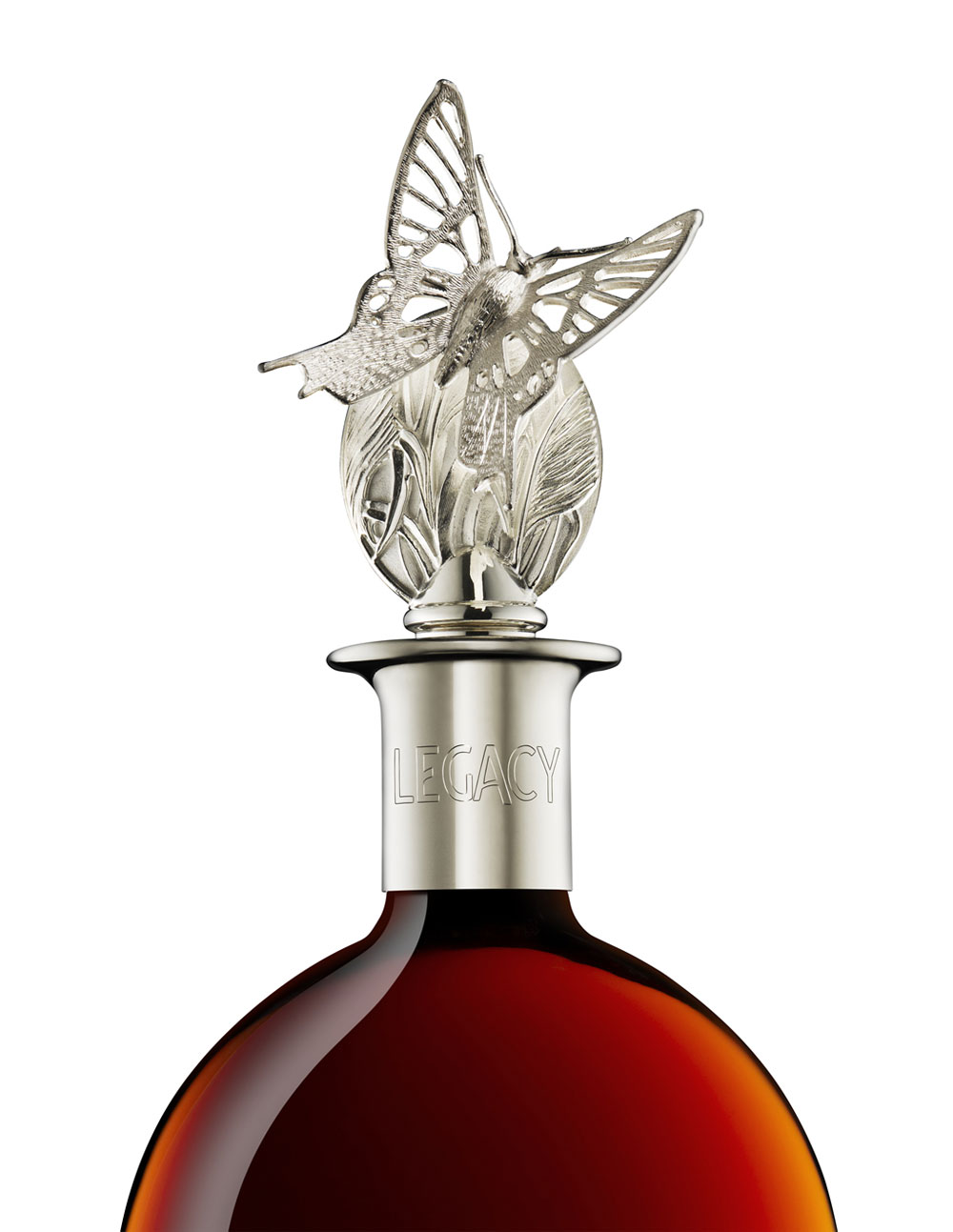SwedishNews
Swedish politicians don't represent the Swedish population. Sweden expels journalists to 'hell'. OK with alcohol. Most expensive rum in the world sold—in Karlstad. Emergency C-sections have doubled. More cases of TB.
-
 General secretary for Reporters Without Borders, Christophe Deloire, points out that Sweden exiles asylum-seeking journalists to “hell” in Ethiopia, while spending huge resources saving the two Swedish journalists who were held captive there for 14 months. “From a human perspective it seems very illogical that Sweden spends so much work in retrieving the imprisoned Swedish journalists, while at the same time exiling those journalists who are seeking asylum in Sweden back to Ethiopia,” he says.
General secretary for Reporters Without Borders, Christophe Deloire, points out that Sweden exiles asylum-seeking journalists to “hell” in Ethiopia, while spending huge resources saving the two Swedish journalists who were held captive there for 14 months. “From a human perspective it seems very illogical that Sweden spends so much work in retrieving the imprisoned Swedish journalists, while at the same time exiling those journalists who are seeking asylum in Sweden back to Ethiopia,” he says. -
-
Swedish politicians don't represent the Swedish population
Women, young people and those born abroad are underrepresented both among those nominated and those elected to local council. This according to a new report from Statistics Sweden, ordered by the Swedish government. The greater the commission of trust, the less these groups are represented. Only 29 percent of the chairmen sitting on executive boards are women. “The top posts in local politics must not become a bastion for middle-aged men,” says Birgitta Ohlsson, Minister of Democracy and also Minister for EU Affairs in a comment to the report. “The parties have a particular responsibility to turn this development around. The society’s diversity must be much more visible on the ballots.” -
 Birgitta Ohlsson, Minister of Democracy and also Minister for EU Affairs, says it is important for local Swedish politics not to become a bastion for middle-aged men. This apropos a new report that shows groups like women, young people and those born abroad are underrepresented in politics.
Birgitta Ohlsson, Minister of Democracy and also Minister for EU Affairs, says it is important for local Swedish politics not to become a bastion for middle-aged men. This apropos a new report that shows groups like women, young people and those born abroad are underrepresented in politics. -
-
Sweden expels journalists to 'hell'
The Swedish government spent large resources on extracting Swedish journalists Martin Schibbye and Johan Persson from a prison in Ethiopia. But now Sweden is being criticized for expelling journalists to Ethiopia, according to Dagens Nyheter. “Sweden retrieved their journalists from Ethiopia,” says Theodros Arega, an Ethiopian journalist. “Meanwhile we are sent back to hell.” Arega risks jail in his home country. At a visit in Stockholm, general secretary for Reporters Without Borders, Christophe Deloire, pointed out that Sweden expels asylum-seeking journalists to Ethiopia. “From a human perspective it seems very illogical that Sweden spends so much work in retrieving the imprisoned Swedish journalists, while at the same time expelling those journalists who are seeking asylum in Sweden back to Ethiopia,” he says. He also points out that the organization Reporters Without Borders has a great network of independent sources, all of which have confirmed the threatening picture that would await the 15 journalists that may be exiled from Sweden and sent back to Ethiopia. It is now six months since Martin Schibbye and Johan Persson were pardoned from the prison in Ethiopia where they had been for 14 months. -
 “When alcohol becomes a natural and present part of your daily life, it influences your attitude also,” says Magnus Jägerskog at IQ about a recent poll that shows Swedes have a more lenient attitude toward alcohol today.
“When alcohol becomes a natural and present part of your daily life, it influences your attitude also,” says Magnus Jägerskog at IQ about a recent poll that shows Swedes have a more lenient attitude toward alcohol today. -
OK with alcohol
Swedes have become more lenient toward alcohol. Getting drunk at a restaurant, office party or in the company of children isn’t as serious a crime as it used to be. According to the study IQ alkoholindex, 52 percent of the Swedes polled felt it was “all wrong” to get intoxicated in the company of children, when last year 67 percent felt the same way. “We view this development with a worry,” says Magnus Jägerskog at IQ. “Sure, it’s just minor changes in total, but it is still a more lenient attitude.” The number of Swedes who feel it is “completely wrong” to get intoxicated at parties or in restaurants has also decreased. Same for those who feel it isn’t that bad to sometimes drink so much that you can’t remember just how much you drank the day after. These results reveal that the attitude that has long favored restriction has now turned. “What last year’s development is based on, we cannot tell. But I think that seen over a longer period of time, it’s about factors like the increased daily drinking, increased number of licenses to serve alcohol and also that we have more alcohol advertisements that play in. When alcohol becomes a natural and present part of you daily life, it influences your attitude also.” The poll was based on interviews with 2000 Swedes over 16 years of age. -
 A bottle of Legacy rum was sold in Karlstad for $28,000, making it the most expensive rum ever sold.
A bottle of Legacy rum was sold in Karlstad for $28,000, making it the most expensive rum ever sold. -
Most expensive rum in the world sold in Karlstad
Recently, a 50 cl bottle of Legacy rum by Angostura changed owner to the tune of 180,000 SEK ($28,000), making it the most expensive bottle of rum in the world. Georg Möller, part owner of Dömle herrgård, bought the crystal bottle with the silver cork during the weekend’s wine and delicatessen fair in Karlstad. “If we ever get something really, really, really special, such as Obama visiting, then we will have a taste,” he told Nya Wermlandstidningen. The proceeds will go to Barncancerfonden (the Swedish Childhood Cancer Foundation). -
Emergency Caesarean sections have doubled
Not only have planned Caesarean sections increased in number in Sweden, emergency C-sections have, too. Of all births in 1991, 4.4 percent of emergency C-sections and 4.7 percent scheduled C-sections were planned. The equivalent number for 2011 was almost the double: 8.1 percent emergency C-sections and 8.5 percent planned C-sections, according to a report from Socialstyrelsen (the National Board of Health and Welfare). Says Karin Källén at Lund University: “The women who give birth are getting older and heavier, and that increases the risk for C-sections.” -
More cases of TB
The cases of tuberculosis (TBC) increased last year. In total, 645 cases were reported, which is an eight percent increase compared to 2011. Most of the cases, 85 percent, were discovered among people not born in Sweden, according to Smittskyddsinstitutet (the Swedish Institute for Communicable Disease Control). A person can become infected with TB bacteria when he or she inhales minute particles of infected sputum from the air. The bacteria get into the air when someone who has a tuberculosis lung infection coughs, sneezes, shouts or spits. People who are nearby can then possibly breathe the bacteria into their lungs. In general, Sweden is relatively well protected from the spread of communicable diseases. Good hygienic conditions prevail and public health is well developed. Medical progress and preventative measures protect the Swedish population from infections that, in other countries of the world, may cause large-scale disasters. -
-
